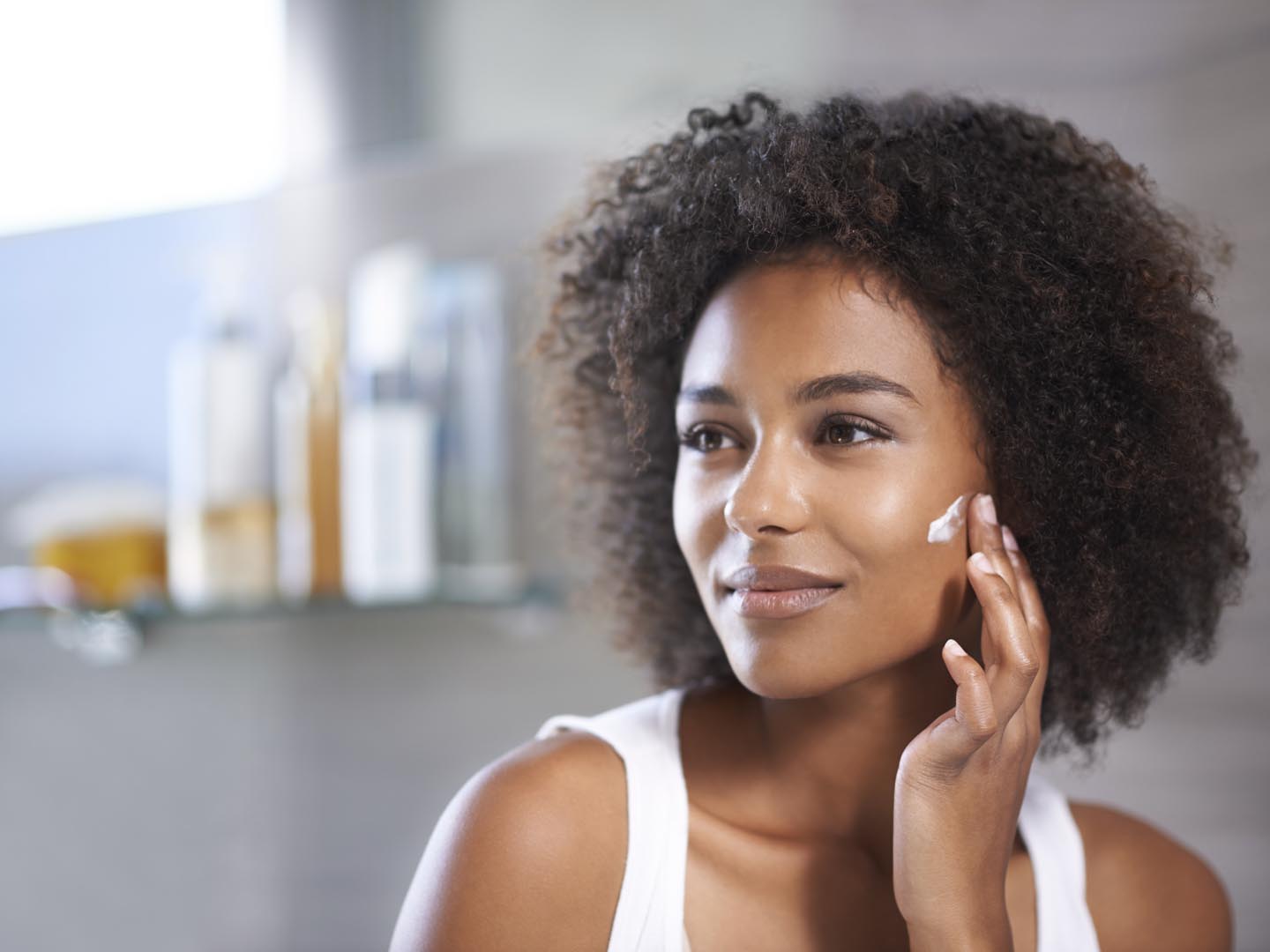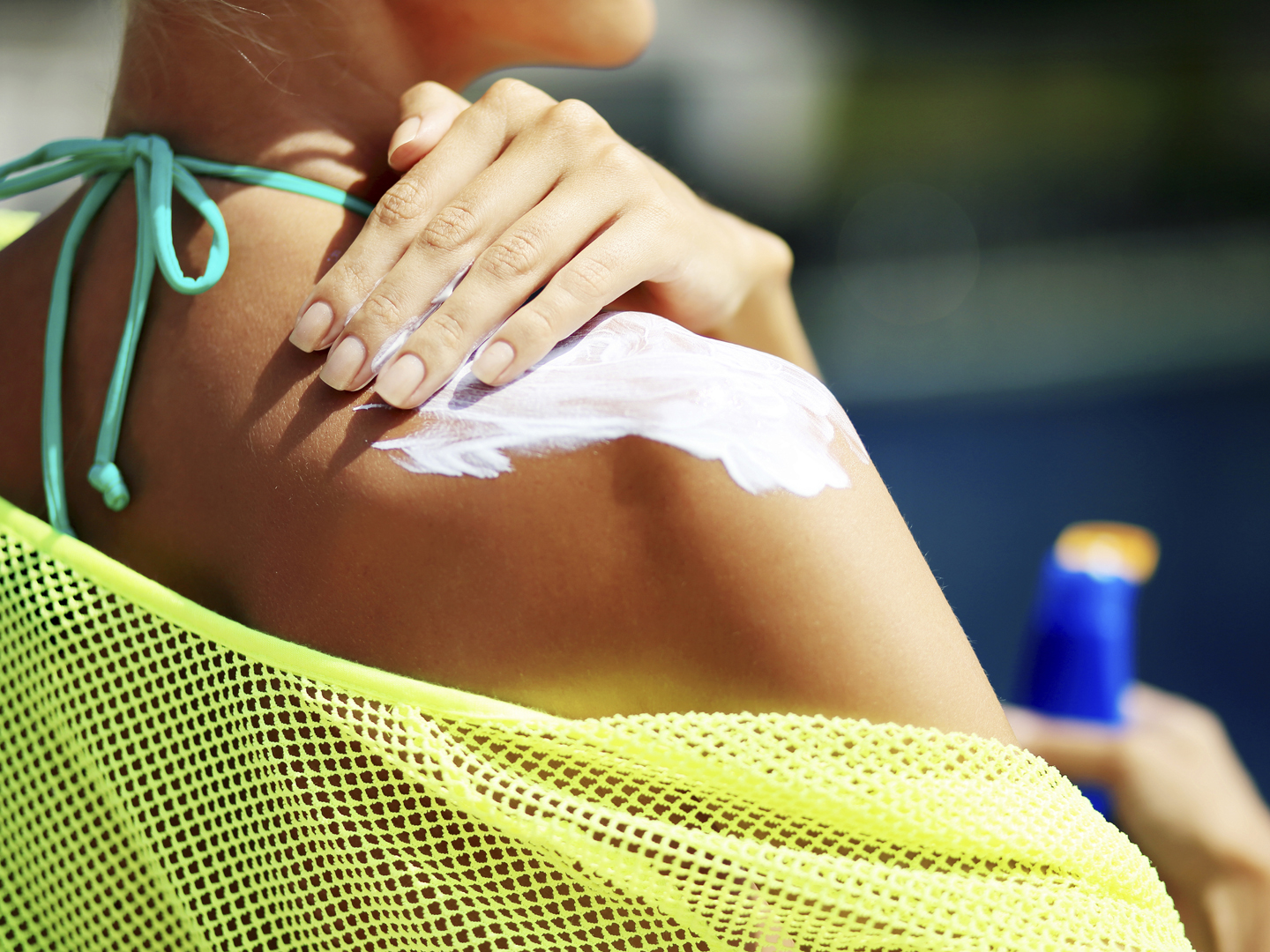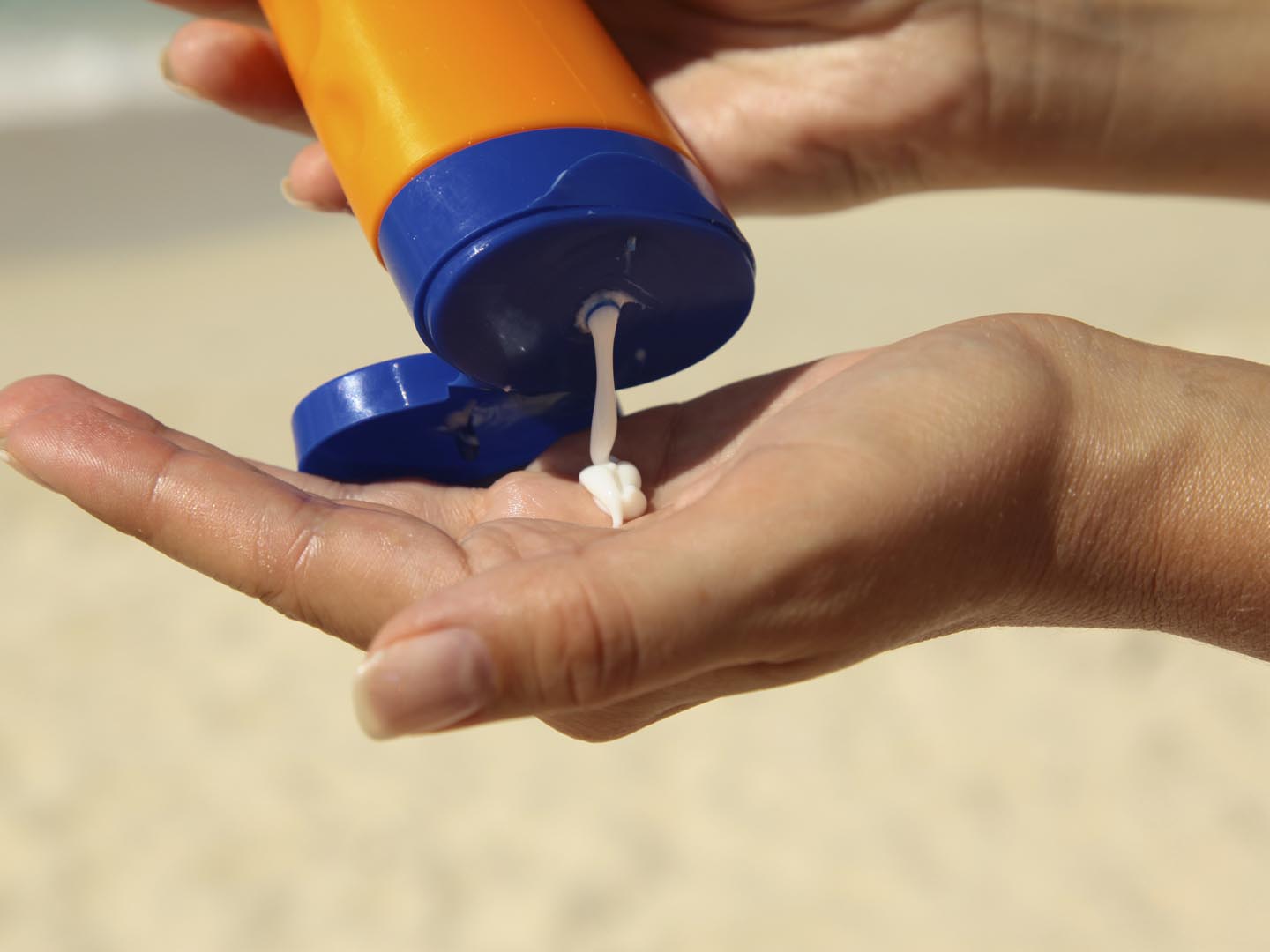Homemade Sunscreen?
Some of my friends are making their own sunscreens because they are afraid of the chemicals in store-bought products. So far, I’ve resisted, but I’m wondering if do-it-yourself sunscreen is worthwhile, or if I should stick with the commercial stuff. What do you recommend?
Andrew Weil, M.D. | September 11, 2014

I’m aware of the online enthusiasm for mixing up your own sunscreen, but I wouldn’t advise doing it. From what I’ve read, home recipes generally include oil (often coconut or jojoba), zinc oxide (the opaque white stuff that lifeguards spread on their noses) as the active ingredient; and beeswax for thickening. You heat the oil and beeswax in a double boiler and then stir in the zinc oxide.
Proponents of homemade sunscreen swear that their mixtures work, but I wouldn’t bet on it. There’s no reliable way to know what sun protection factor (SPF) the home brews provide, or if they provide any at all. I’ve seen claims that recipes using carrot seed oil or red raspberry seed oil have an SPF of up to 50. A search of the medical literature, however, turned up no studies that support those claims.
I would agree with your friends who think that many of the sunscreens on the U.S. market leave something to be desired. Unlike products available in Europe, most domestic sunscreens lack protection against the sun’s ultraviolet A (UVA) rays, which penetrate deeper into the skin and over time. UVA may cause more serious damage than UVB rays, which are responsible for sunburn you can see and feel.
Worse, some sunscreens available here contain chemicals we would be wise to avoid.
The Environmental Working Group, a Washington, D.C.-based nonprofit organization that advocates for health-protective policies, publishes an annual guide that is an excellent source of information on the chemical compounds in sunscreens and which ones to avoid. Problematic ingredients include oxybenzone (acts like estrogen in the body), octinoxate, (also has hormone-like activity), homosalate (disrupts the hormones estrogen, androgen and progesterone), and octisalate and octocrylene, (shown in laboratory studies to penetrate the skin).
When choosing sunscreen, you’re better off opting for mineral-based products made with zinc oxide and titanium dioxide that don’t penetrate the skin. I would avoid spray sunscreens because the FDA has asked manufacturers for more data to confirm that these products are safe and effective.
Your best bet is checking out the latest EWG sunscreen guide.
I would trust the highly rated products in this guide more than I would any home-brewed concoctions.
Andrew Weil, M.D.









